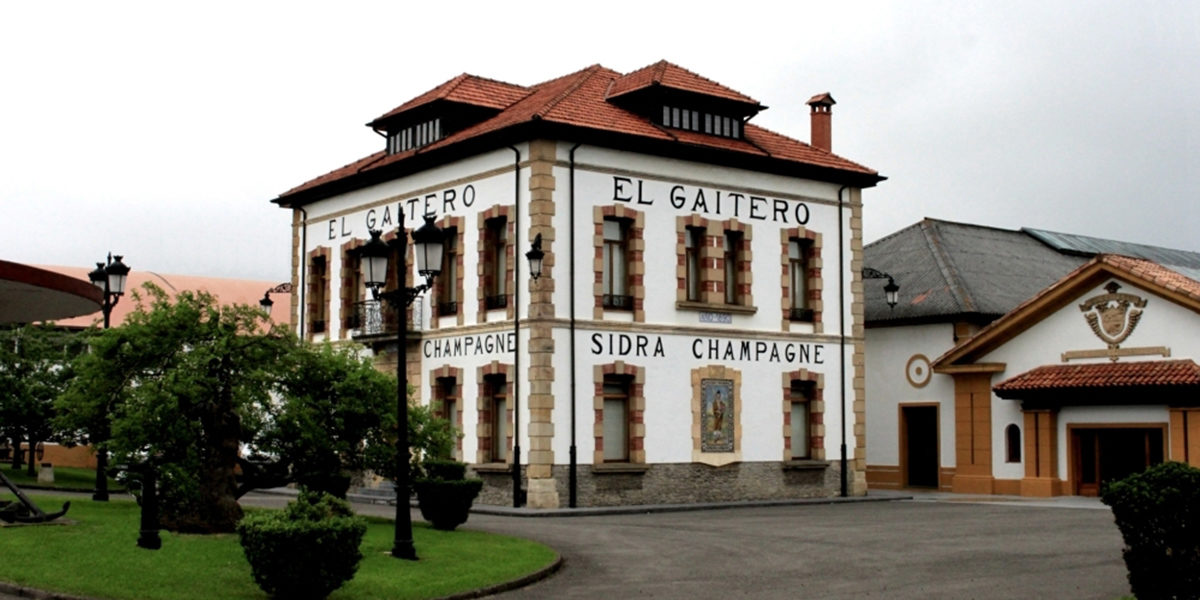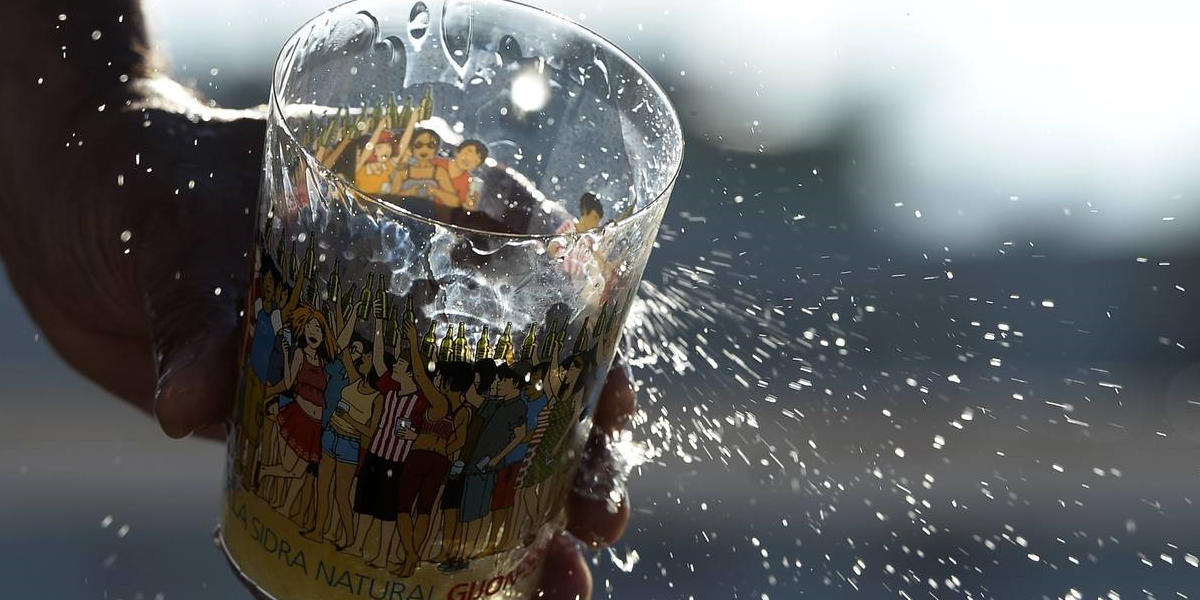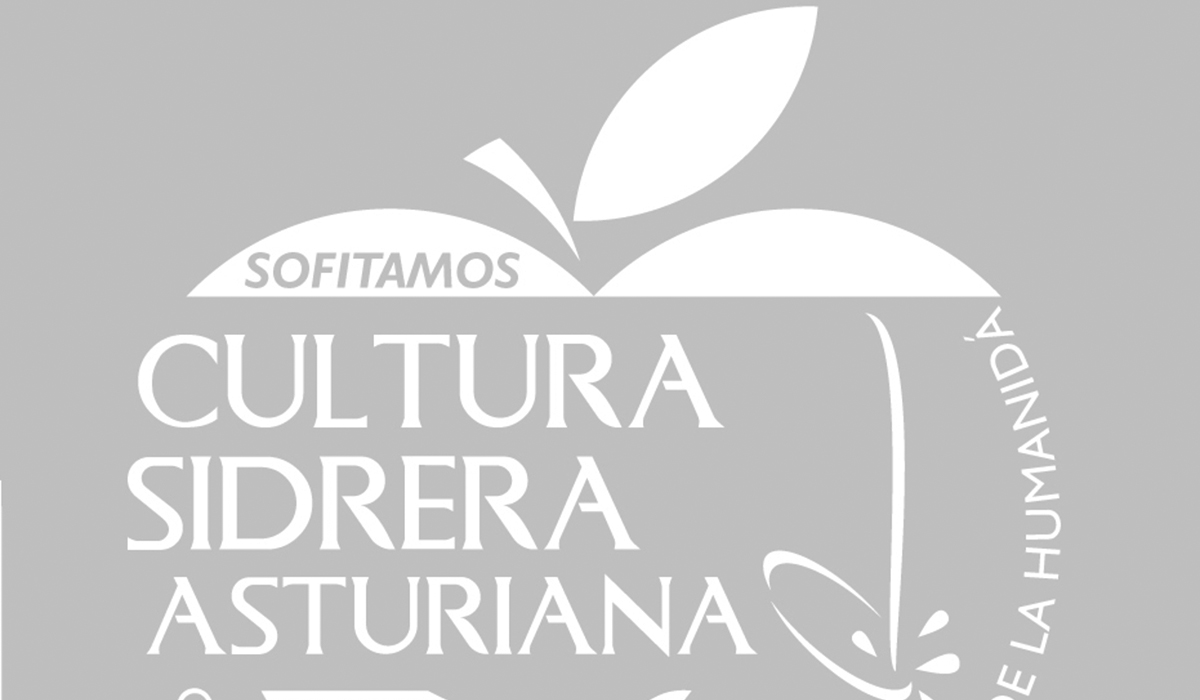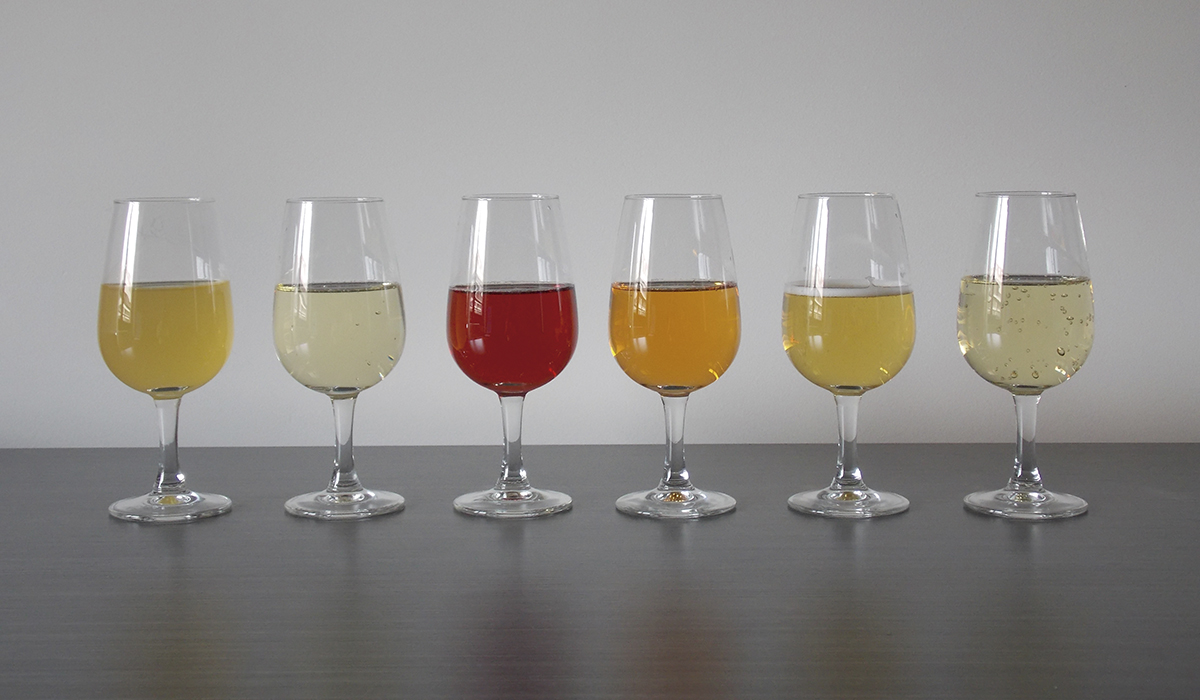According to the British newspaper The Independent, the Asturian cider takes the fourth position, while Galician cider Maeloc takes the sixth.
LA SIDRA.- In Great Britain, cider may not have the global popularity of beer, but it’s still an established part of many drinking cultures beyond rural parts of the country.
They state that French have been making “cidre” for centuries, particularly in Normandy and Brittany, and many of the British cider apple varieties originated on that side of the channel. The article mentions the strong cider making traditions in Austria, Germany and Italy, although getting a bottle in the UK isn’t particularly easy.
In America, the drink is known as “hard cider” to distinguísh it from their non-alcoholic forms of cider. Despite the prohibition laws, which meant hard cider became an almost forgotten beverage, it is currently undergoing a revival with small producers and large booze brands all getting in on the act.
And a more unique form of cider has its origins in Quebec. Canada, where the apples or pressed juices are allowed to freeze before beginning a slow, cold ferment. Known as ice cider, it’s a stronger, sweet drink often marketed as an alternative to dessert wine.
It also remarks that there are few regions in Europe as cider crazy as Asturias, where the sweet and sour tang of our sidra is invigorated by pouring into the glass from a height, one mouthful at a time. Spillage is guaranteed, resulting in “streets turning into rivers of booze”.
They eventually display a ranking with the best ciders UK suppliers have to offer:
1. Guillet Freres, Cidre Breton Brut Traditionelle, France.
2. Leduc Piedimonte, Ice Cider, Canada.
3. Bayeaux Cidre Brut Traditionnel, France.
4. El Gaitero, Asturian Cider, Spain.
5. Angioletti Secco Sparkling Cider, Italy.
6. Maeloc Sidra Secco, Galician Cider, Spain.
7. B.Nektar Zombie Killer, USA.
8. Craigies Cider, Dalliance, Ireland.
9. Sainsbury’s Taste the Difference French Sparkling Cider, France.
10. Angry Orchard, Crisp Apple, USA.
El Gaitero is described as a cider with a high fizz and caramel sweetness with a slight astringency at the end, an authentic Asturias “sidra” difficult to find outside of Spain, though it’s increasingly being exported.




